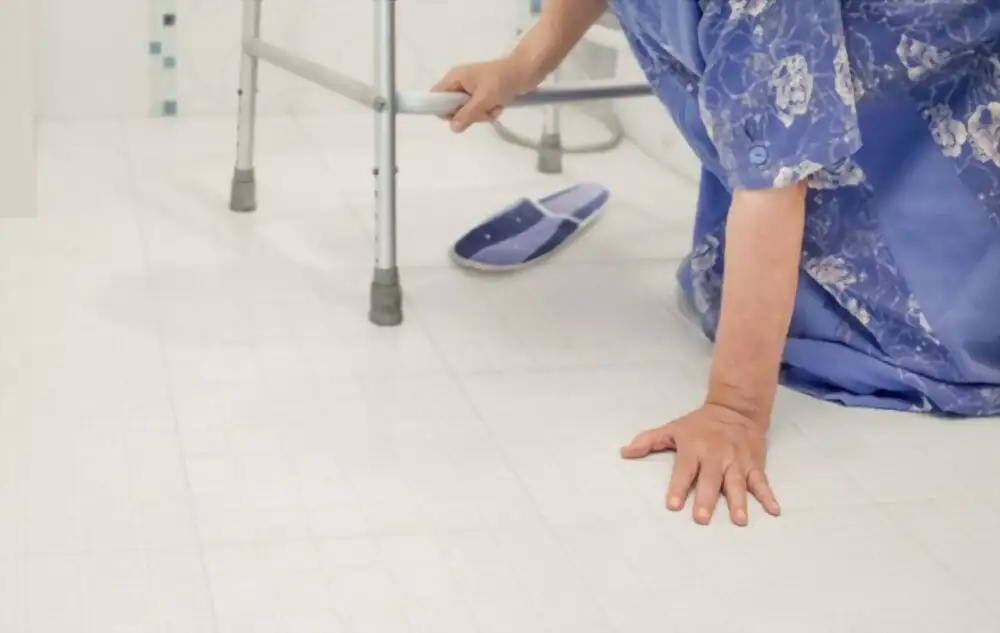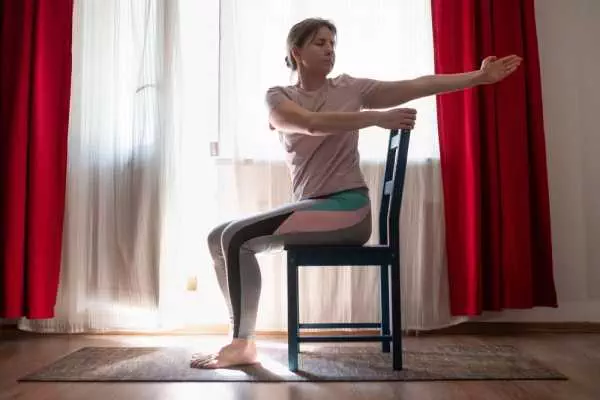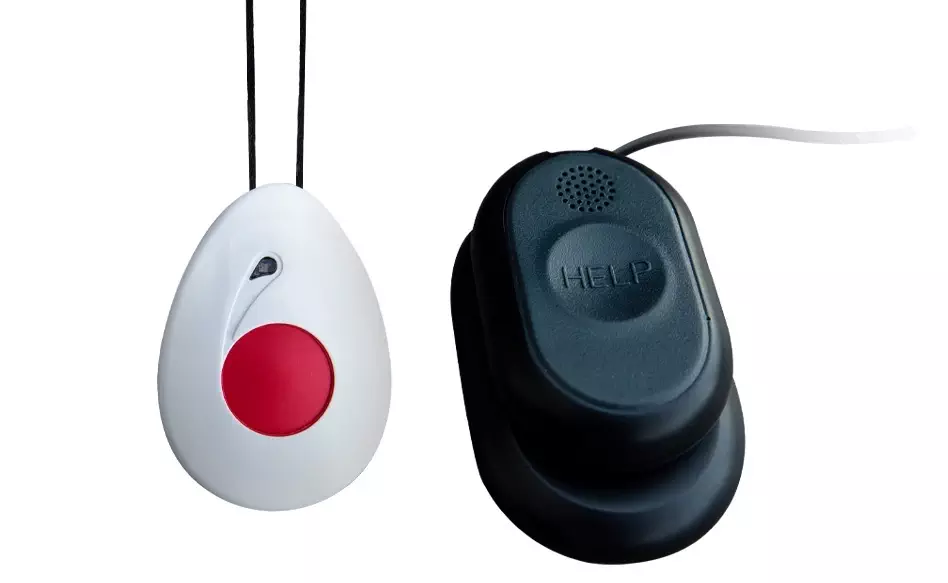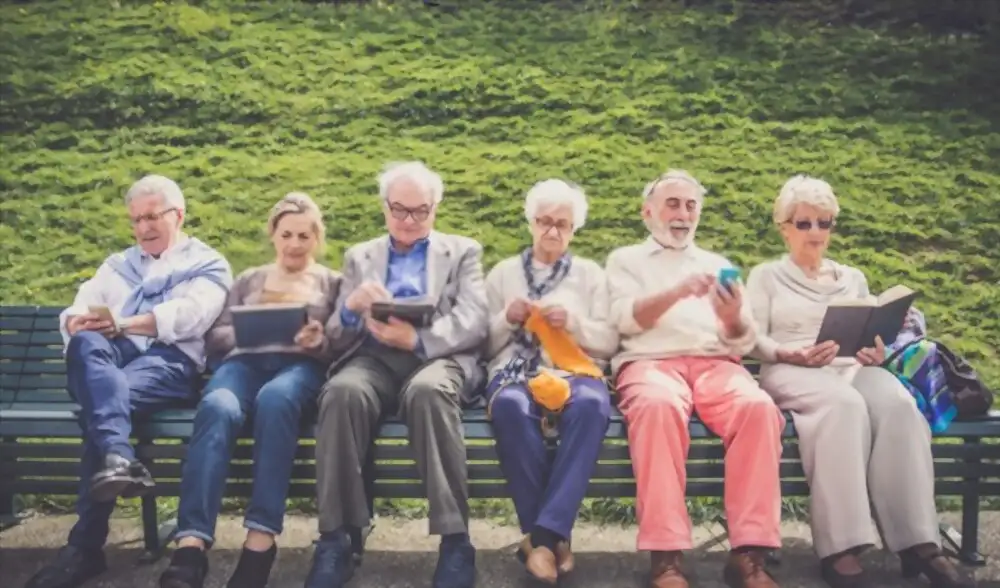Preventing Falls for Seniors and Having an Alarm System
Last Updated on January 5, 2024 by Rachel
Fall prevention
Over 30% of the elderly persons aged 65 and above fall every year. The percentage gets higher as age advances. Between 20% to 30% of the seniors who fall experience major side effects. Some of the consequences of falling among seniors include reduced mobility and independence and an increased risk of early death. Depending on the falling severity and the senior’s age, the injuries from falling take a longer time to heal. Wondering why age is a major factor here? Well, the older you get, your body gradually loses its ability to heal wounds faster. This means that a minor injury can turn out to be a bigger issue as time passes by. As your body takes its time to heal, you suffer a high risk of developing other complications. Complications may include loss of body muscle or infection. Because of this, taking good care of your senior loved one is important. Looking for tips for preventing falls or seniors and the importance of having an alarm system? Well, keep reading this article.
The Risk Factors for Falling among Seniors
Specific factors that increase the chances of falling among elderly persons have been identified by current studies and publications. They include:
Environmental Factors. These include factors that are found within the surrounding of seniors that increase their chance of falling, accidents o stairs or floors, and slipping on slippery floors. The absence of handrails to support seniors living in homes with stairs may make the effects resulting from falling adverse. Does your home have adequate lighting? Inadequate lighting increases the chances of falling among aged adults because you will not see the surrounding hazards. Did you know that almost 50% of all falls among seniors are environmentally intrigued? Find out more at https://www.ncbi.nlm.nih.gov/pmc/articles/PMC1118778/.
Medications. Certain medications the elderly persons take have side effects such as dizziness, which increases the risk of them falling when walking or performing their daily tasks. Do you have more than 4 prescribed medicines to maintain your health? This increases the risk of falling among seniors and the kind of medicines you use don’t matter here. as long as the number of prescribed medicines exceeds 4 in number.
Certain Medical Conditions. Health conditions like diabetes, arthritis, and heart disease also increase the chance of seniors falling. You know why? because medications prescribed to control these health conditions have dizziness as a major side effect, which is one of the most common reasons for aged adults falling. Conditions such as epilepsy also increase the chances of falling through fainting.
Impaired Mobility. The older you get, the more you lose your body strength, which is more likely to affect your balance. This increases your chances of falling. Losing your body strength can mean even getting up from your sitting position will be difficult and this increases your chances of falling when you try to rise.
Impaired Vision. Seniors suffer from reduced vision and this makes it difficult to identify and avoid the surrounding tripping hazards, thus making it easier to fall. This is why doctors are more likely to advise seniors to use single lenses when moving around the house.
- Best Places to Start Over After 50
- Senior Statistics of New Mexico
- Adult Potty Chairs for Seniors
- Sitting Exercise Equipment for Seniors
- Fall Detection Devices for Seniors
- Dental Grants in Wyoming
- Housing Assistance for Seniors in New York
- Senior Centers in Texas
- Grocery Carts for Seniors
- Dental Grants in South Carolina
Cognitive Impairments. Dementia is an indication that a senior is suffering from cognitive impairment, and this, according to recent studies increases the risk of the aged adults falling.
Tips for Preventing Falling for the Seniors
Go for Regular Checkups. Seniors must maintain going for regular checkups to check if they have any medical conditions that can be identified and treated in time. regular visits are also important to ensure your body is functioning well.
Engage in Regular Exercise. Our bodies naturally lose their balances the older we get and this also results in a lack of coordination. Reduced body strength may make it difficult for seniors to maintain adequate exercise. Exercise helps in keeping your body fit and that is you should try as much as possible to engage in the daily exercise of the body. Counter your body weakness by challenging yourself to engage in a basic exercise. This will help you prevent falling at old age.
Regular Medication Reviews. As mentioned above, certain medications have side effects that increase the chances of elderly persons falling. This is why it is important that have your medications regularly reviewed to see if they are preventing your body from carrying out its functions. Regular checking of medications will also let you know if some of them should be discontinued.
Install Handrails and Grab Bars in the House. This is important to enabling seniors to safely go upstairs and downstairs, toileting, and bathing. Get help from a family member or friend if you can.
Get Rid of Tripping Hazards. Home fixtures can sometimes lead to seniors falling and causing injuries in their bodies. Conduct a house inspection to see if you can identify tripping hazards such as loose carpet and get them fixed or removed.
Get Fond of Wearing Shoes Instead of Socks in the House. Socks are comfortable, yes. But they can make you slip and fall so easily. Wearing shoes is a great way of preventing falls at home in seniors.
Why Having an Alarm System is Important in Preventing Falling?
Ever used a chair alarm or bed alarm to help your loved one avoid falling. A chair alarm is used by caregivers to monitor the movements of seniors in wheelchairs or those frequently sitting in a chair. It is made up of a motion sensor, monitor, and alarm. It helps caregivers keep track of the movements of their loved ones. The device emits an audible alarm whenever the senior makes a move. This helps the caregiver prevent them from falling. The combination of the alarm and motion sensor work together in monitoring the movements of an elderly person who is constantly in a chair. Bed alarms on the other hand are placed on the bedside of the senior when occupying the bed. They usually come with a floor mat but it is not a must. Some bed alarms come without the floor mats. Some of these bed alarms let you specify the kind of movements you would want to be alerted to. These devices have proven effective in preventing falling among seniors.







